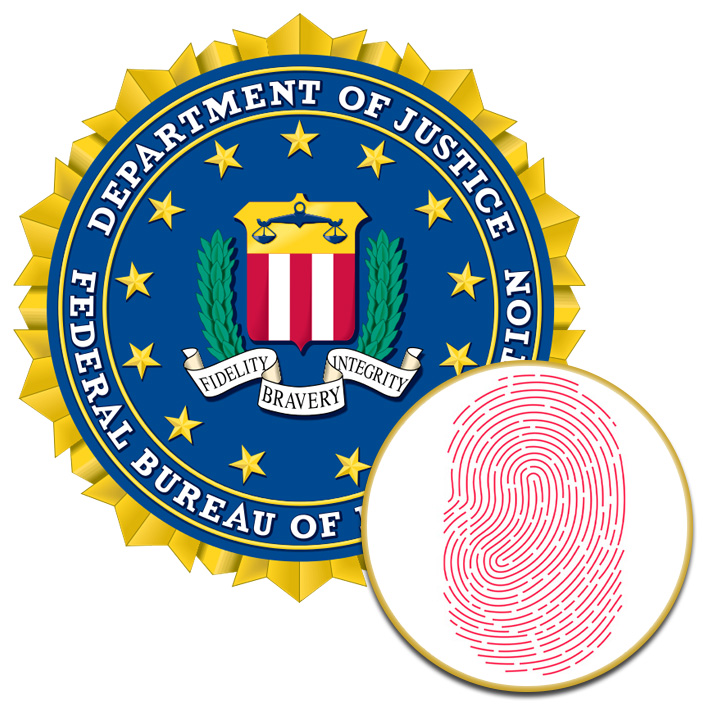-
Tips for becoming a good boxer - November 6, 2020
-
7 expert tips for making your hens night a memorable one - November 6, 2020
-
5 reasons to host your Christmas party on a cruise boat - November 6, 2020
-
What to do when you’re charged with a crime - November 6, 2020
-
Should you get one or multiple dogs? Here’s all you need to know - November 3, 2020
-
A Guide: How to Build Your Very Own Magic Mirror - February 14, 2019
-
Our Top Inspirational Baseball Stars - November 24, 2018
-
Five Tech Tools That Will Help You Turn Your Blog into a Business - November 24, 2018
-
How to Indulge on Vacation without Expanding Your Waist - November 9, 2018
-
5 Strategies for Businesses to Appeal to Today’s Increasingly Mobile-Crazed Customers - November 9, 2018
Cops Can Force You to Unlock Phone with Fingerprint
The court’s decision in the case follows the thin rules regarding a person’s Fifth Amendment’s protection against self-incrimination, which relates that numeric passcodes are protected individual privacies, but fingerprints are not. That being said, it seems that a new precedent has been set because over in LA, a judge has pretty much ordered a woman to unlock her iPhone using her fingerprints. The jury’s still out on that one, with some legal experts holding that fingerprints are just like any other form of physical, tangible evidence while others say the bar should be higher for biometric data because of the vast amount of personal information it can unlock.
Advertisement
So, we’re back to the question: should courts be allowed to compel suspects to use their fingerprints to unlock their smart devices? The suspect in question, Paytsar Bkhchadzhyan, was arrested by the Federal Bureau of Investigation on suspicion of identity theft and while it is unclear as to what the Federal Bureau of Investigation were looking for on her phone, Bkhchadzhyan eventually pleaded no contest to the charge.
“It isn’t about fingerprints and the biometric readers”, said Susan Brenner, a law professor at the University of Dayton who studies the nexus of digital technology and criminal law, but rather, “the contents of that phone, much of which will be about her, and a lot of that could be incriminating.”
The phone was seized from a Glendale residence linked to Sevak Mesrobian, who according to a probation report was Bkhchadzhyan’s boyfriend and a member of the Armenian Power gang with the moniker of “40”.
The Los Angeles Times reported on Saturday, April 30, that authorities got a search warrant that compelled the girlfriend of an alleged Armenian gang member to unlock a seized iPhone so the data inside it could be analyzed. Placing your finger in a particular spot on a device can not be considered a testimony in itself. The phone contained Apple’s Touch ID for unlocking the phone within a limited time frame without a passcode.
Advertisement
The argument supporting fingerprint unlock orders says they’re akin to physical keys, which suspects can be compelled to provide through a warrant.





























